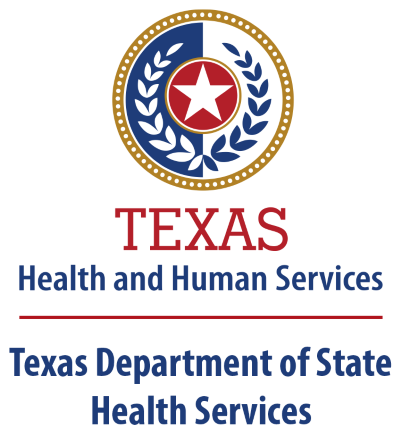What Is Short-Term Insurance and Why People Choose It
Short-term health insurance is designed to provide temporary medical coverage for individuals who are between jobs, waiting for employer-sponsored benefits to begin, or facing other transitional periods. These plans typically offer coverage for 30 days to 12 months, depending on state regulations. They are popular due to their lower monthly premiums and fast approval process. However, they often come with limited benefits, especially when it comes to mental health and substance use treatment.
At Maverick Behavioral Health, we frequently speak with individuals who are unsure whether their short-term health insurance will support drug or alcohol rehab. The answer depends on the specific policy, the type of care needed, and the laws of the state in which the plan was purchased. Unlike ACA-compliant plans, short-term insurance is not required by law to cover behavioral health services, including addiction treatment. This can lead to coverage gaps that patients must prepare for.
Limitations of Short-Term Plans for Rehab Coverage
One of the most significant drawbacks of short-term health insurance is that it does not include the same essential health benefits guaranteed under the Affordable Care Act (ACA). Mental health and substance use disorder services are considered essential under ACA plans—but not under short-term policies. This means that most short-term plans exclude coverage for inpatient or outpatient rehab services, therapy, detox programs, or medications for addiction treatment.
Even in cases where short-term insurance does offer some form of behavioral health benefit, it’s usually limited. For instance, the plan might only cover a small number of therapy sessions or impose a strict cap on how long treatment is covered. Pre-existing condition exclusions are also common in these policies, and since substance use disorders are often diagnosed before a plan starts, they may be considered ineligible for coverage.
At Maverick Behavioral Health, we always advise clients to thoroughly review their short-term insurance policy details—or speak with a representative from the insurance company—to understand any exclusions or limitations related to addiction treatment.
Detox and Rehab Options Without Short-Term Insurance
If you find that your short-term insurance does not cover drug or alcohol rehab, you’re not alone—and you still have options. First, many rehab facilities, including Maverick Behavioral Health, offer flexible payment plans or sliding-scale fees based on your income level. This helps reduce the financial barrier to receiving the care you need.
Another option is to explore public programs or nonprofit treatment centers that receive government funding. These organizations often serve individuals without comprehensive insurance and can provide essential services such as detox, therapy, medication-assisted treatment (MAT), and aftercare planning. Some states also have grants available to help offset the cost of addiction treatment for those who qualify.
Additionally, Health Savings Accounts (HSAs) or personal loans can sometimes be used to fund rehab services. While these may not be ideal for everyone, they can serve as a bridge to recovery when insurance coverage falls short.
Exploring Alternative Insurance and Financial Resources
If you’re considering or currently enrolled in a short-term plan and suspect it won’t support your rehab needs, it might be wise to investigate longer-term insurance solutions. Many individuals qualify for ACA marketplace plans, especially during special enrollment periods triggered by job loss or other life changes. These plans offer guaranteed coverage for mental health and substance use disorder treatment and cannot deny coverage due to pre-existing conditions.
COBRA (Consolidated Omnibus Budget Reconciliation Act) is another option. If you recently lost employer-sponsored health insurance, COBRA allows you to continue that coverage temporarily, although at a higher out-of-pocket cost. For those who can afford it, this may offer a more comprehensive safety net than a short-term policy.
Maverick Behavioral Health also works with patients and families to find charitable resources, nonprofit grants, and community-based aid programs that can contribute to the cost of rehab. Financial counselors are available to guide you through this process and help make care as accessible as possible.
Making Informed Choices for Lasting Recovery
While short-term health insurance can be a convenient and affordable solution for temporary medical needs, it is rarely sufficient for those seeking drug or alcohol rehab. Understanding the limitations of these plans is critical before relying on them for addiction treatment. Lack of coverage should not delay or prevent someone from seeking help—there are still many ways to access quality care.
At Maverick Behavioral Health, we believe every individual deserves a fair chance at recovery. Our team is committed to helping clients navigate the complexities of insurance and financing so they can focus on what truly matters: healing. Whether you are currently uninsured, covered by a short-term plan, or exploring other options, we’re here to guide you every step of the way with compassion, transparency, and professionalism. If this helped, check out our guide on:
How Long Will Insurance Cover Rehab Treatment?
Recovery is a personal journey, but no one should have to walk it alone—or uninformed. If you or a loved one are facing addiction and unsure about your insurance coverage, reach out to Maverick Behavioral Health today. We’ll help you understand your options and connect you with the resources you need to start your path to recovery.


